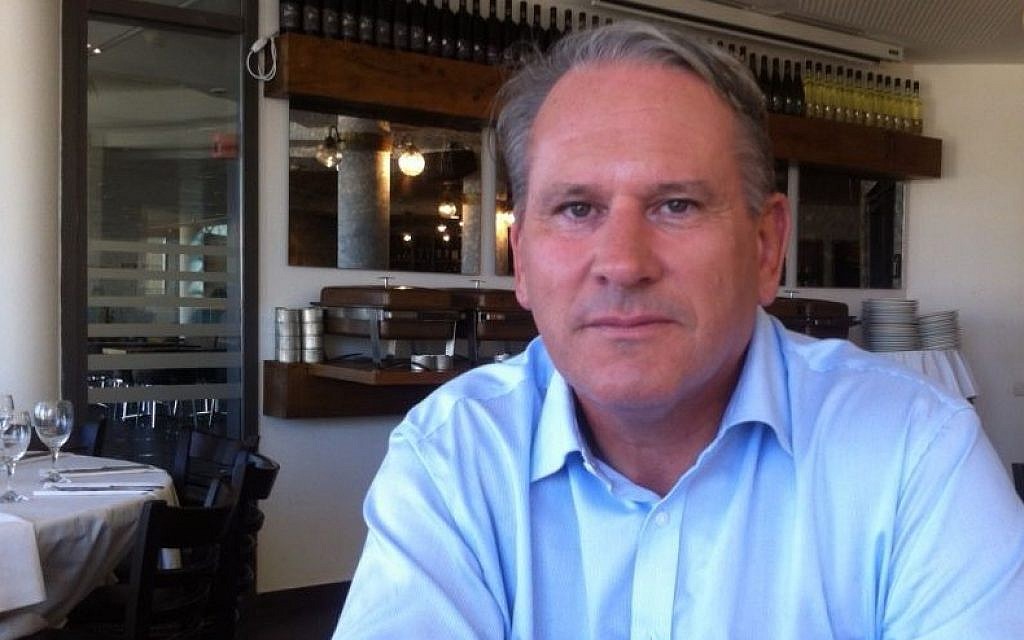End of a dream

by Ralph Berry
Straw men, such as retired generals, are easily dismissed. What they know is obedience to orders, which relieves them of the need to think for themselves. That virtue, which they share with the humble squaddie, has seen them through life. If the command system requires belief in tanks as central to the nation’s defence, then tanks it is, though the evidence mounts daily that tanks are merely targets which ill-disposed Russians and Ukrainians are skilled at hitting.
You would not expect the main powers to say, ‘We got it wrong’. But when the wind blows from another direction, the men of straw have to announce the change. It is their duty.
Today, 18 June, I read to my amazement in the Telegraph this startling headline:
PREPARE FOR KYIV’S COUNTER-OFFENSIVE TO FALTER.
What’s this? We have long been told that the coming offensive, the Big Push, mounted with all the skill and fury of a nation in arms, is destined to sweep away the Russian defences. All the same, the Ukrainians have been reluctant to name the day of the assault, which could not be delayed much longer and has just started. And now we have an admission of defeat. What we are seeing appears to be old-style attritional warfare, with attacking forces battering against heavily fortified defences. The attacker pays a heavier toll than the defender, as is customary. Unless the attack has a superb deception method, as Ludendorf found in his ‘The black Day of the German Army’ (8 August 1918), the costs of the assault will be unbearable. It does not appear that the Ukrainians have a comparable method.
In that case, the entire scene needs a total review. There will be no victory for Ukraine in 2023. When Richard Kemp says that ‘a Ukrainian victory is far from guaranteed’ he is breaking it gently to his readers. There is no chance. The technical reasons why this so we can leave to Kemp. They include air superiority, always essential to a modern offensive, artillery which has always been the strongest hand in Russian warfare, and the Russian Ka-52 attack helicopter equipped with long-range missiles.
So the justifications for Ukraine’s war must reach out ever-wider.
The aborted offensive, it turns out, was all the fault of the supposed allies of Ukraine who throttled back the supply system needed for victory. NATO is left with a looming danger which can be articulated thus:
‘The risk is that Macron and Scholz will renew their lobbying to press Kyiv towards a peace treaty before the year is out.’
Pause to consider the sheer effrontery of that. ‘Peace’ is a ‘risk’, which the military will not allow to disturb their plans for the next offensive. Many would say that peace is a risk worth taking. But ‘hark, what discord follows’.
‘If the offensive falters, the West will need to turn in earnest to the question of how to expand Ukraine’s offensive capability. And that hard support will have to be backed up by announcing a definitive path to Ukraine’s membership of NATO.’
So, the ‘unity and married calm’ of NATO is to be destroyed by a bomb-throwing newcomer whose inveterate hatred is of Russia.
Zelensky, who started the war by disclaiming any Ukrainian ambition to enter NATO, now demands membership. I do not for moment believe that the serious people in charge of the chancellories will go down that route. It is nonsense, given a mild brush of authenticity by the career rank of the writer Richard Kemp is simply in denial. Ukraine’s dream of independence belongs to a remote planet viewable only in Kiev and by the house-carls of Volodymyr Zelensky.
The real question is how much longer the Western powers, above all the US, are prepared to put up with the expensive claims of Ukraine’s mendicant leader.